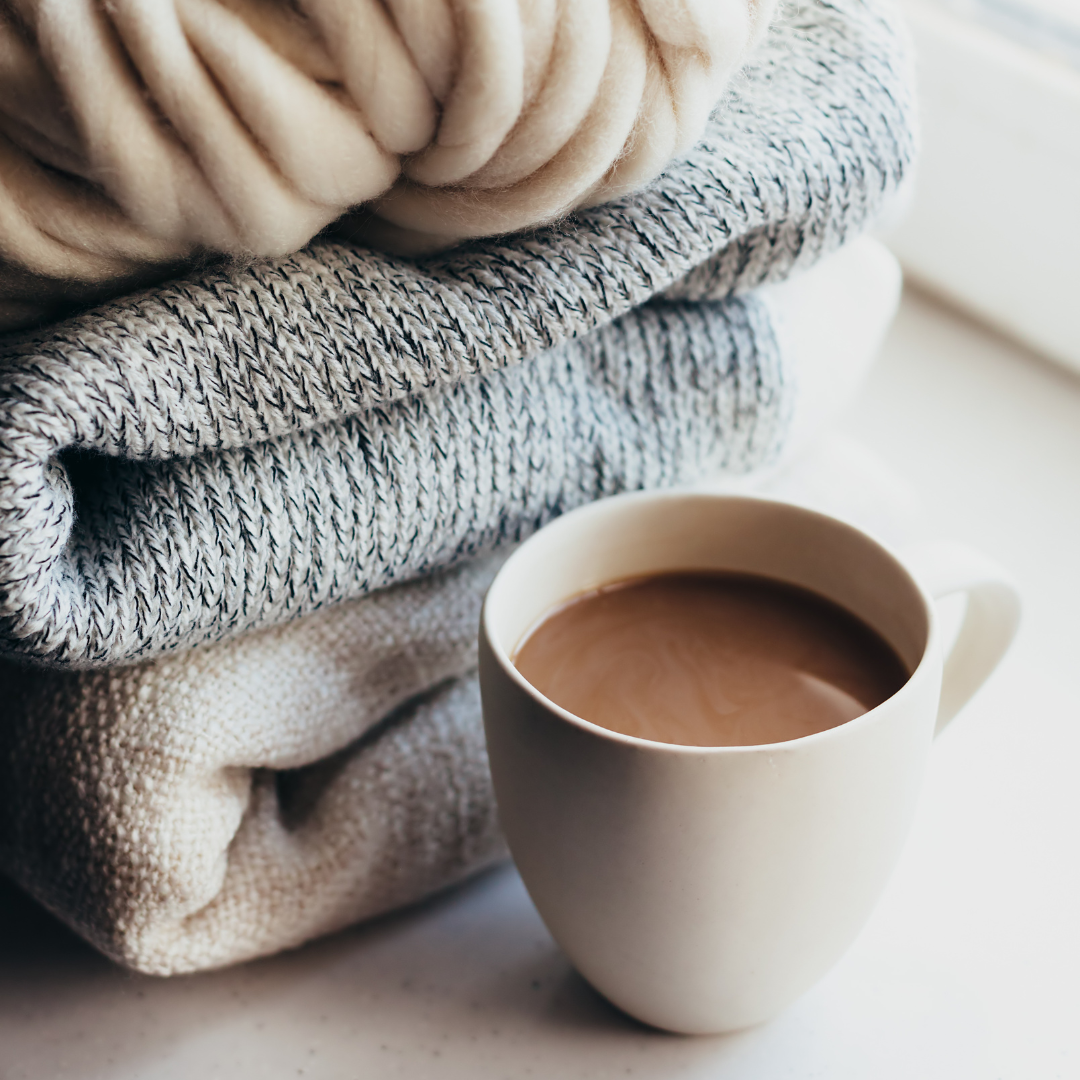For those of us that live in countries where winter means no sunlight, cold days, and weeks of rain, the concept of S.A.D. is nothing new. The low energy, difficulty concentrating, and agitation this disorder can bring along can sometimes be a lot to handle.
So, what if there was something that could help curb those symptoms? Something most people already love and take daily?
The answer is... coffee!
Keep reading to learn more about S.A.D. and how drinking coffee can help you deal with it.
What is S.A.D.?
Seasonal affective disorder (or S.A.D. for short) is a type of depression that happens mainly during fall and winter when there’s less natural sunlight.
While specialists aren’t exactly sure what causes this type of disorder, most agree it’s related to changes in levels of certain chemicals in the brain.
Less sunlight means less production of neurotransmitters like serotonin and melatonin... important elements that regulate our emotions and mood.
How can caffeine help?
Caffeine is a surprisingly great way to help reduce S.A.D. symptoms.
This is because as a stimulant it helps reduce levels of sadness by blocking the effects of adenosine, a chemical in the brain that makes you feel sleepy and with low energy. It can also increase levels of other chemicals like dopamine and norepinephrine that help control mood and alertness.
That said, it's important to keep in mind that caffeine can also have negative side effects if you drink too much of it. Feeling heightened anxiety, irritability, and difficulty sleeping are pretty normal side effects.
5 Ways to Battle S.A.D.
Here are 5 tips if you need a little extra help with S.A.D.
Get some sun
Try to get some vitamin D first thing in the morning.
Sunlight helps regulate your body by synchronizing your internal clock (aka your circadian rhythm) with its external environment.
Plus, producing enough vitamin D plays a key role in improving mood, focus, and a healthy immune system. While actual sunlight might be hard, after all the whole idea of S.A.D. is that it happens in areas with low sunlight, taking vitamin D supplements or using a UV lamp is a great alternative.
Move your body
Regular physical activity is key to reducing the feelings of depression S.A.D. tends to come with.
Exercise has been shown to have a positive effect on serotonin and dopamine levels which help improve overall mood.
On top of that, it can also help reduce stress and improve sleep. If big workouts at the gym aren’t your thing try something simpler instead, like a daily walk in your local park.
Keep a journal
Keeping a journal can be a great way to combat seasonal affective disorder symptoms because it can help give a sense of control over complicated emotions.
Writing in a journal can also help improve sleep by giving you a way to quiet your mind before bed, and it can be a useful way to track patterns and identify your triggers for S.A.D. symptoms.
Eat a balanced diet
What you eat is also very important when it comes to dealing with seasonal affective disorders.
A balanced diet can help support both your body and mind by giving you the nutrients you need to function properly. Plus, a good diet can help regulate blood sugar and improve energy levels, which can also help to alleviate S.A.D. symptoms.
Whether you’re a carnivore or plant-based it’s important your diet includes a variety of foods from fruits and vegetables, to whole grains, lean proteins, and healthy fats.
Stay connected
Staying connected with friends, family, and even strangers is an important aspect of S.A.D. management.
Having a strong social network gives you a sense of belonging and connection, and can help reduce feelings of isolation and loneliness. Being around other people can also provide a sense of purpose and meaning and gives you chances to have fun and laugh.
It's always important to prioritize social connections and to make an effort to spend time with people who make you feel good, but even more so when it comes to dealing with S.A.D.
Good friends, fresh air, and a cup of coffee.
Dealing with symptoms of seasonal affective disorder is not easy. But finding a combination of treatments that works for you can really make a difference when those darker months hit.
Good friends, fresh air, a great meal, and your favourite coffee can make a world of difference in helping you feel better.




